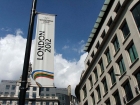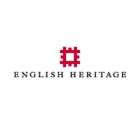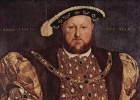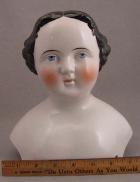General
Foundation Stage planning is a very different approach to Key Stage 1 or 2. Children in Nursery and Reception classes often have ‘continuous provision” - a variety of activities which children are free to move around among and choose for themselves. Sometimes activities will be provided where the teacher or classroom support works with all the children at different points during the week. Read more
Sort by:
Date (Newest first) | Title A-Z
Show:
All |
Articles |
Podcasts |
Multipage Articles
-

The Olympics and ICT in the Foundation Stage
ArticleClick to view -

Bring on the iPad revolution
ArticleClick to view -

Primary pedagogy: Lessons from Early Years and Primary ITT Students
ArticleClick to view -

The digital revolution
ArticleClick to view -

Case Study: Historical information and the local community
ArticleClick to view -

English Heritage's Heritage Explorer
ArticleClick to view -

Primary History at Key Stage 1
ArticleClick to view -

Archives in Primary History
ArticleClick to view -

Processes, Chronological Understanding & Planning
ArticleClick to view -

Progression and coherence in history
ArticleClick to view -

History in the early years
ArticleClick to view -

Pupils as apprentice historians (3)
ArticleClick to view -

Storytelling - how can we imagine the past?
ArticleClick to view -

A view from the classroom
ArticleClick to view -

Why did you write it like a story rather than just saying the information?
ArticleClick to view -

Doing history in the early years and foundation stage
ArticleClick to view -

Extending Primary Children's thinking through artefacts
ArticleClick to view -

Doing History with Objects
ArticleClick to view -

A view from the KS1 classroom - investigating an artefact
ArticleClick to view -

History, artefacts and storytelling in the 2011 primary curriculum
ArticleClick to view

